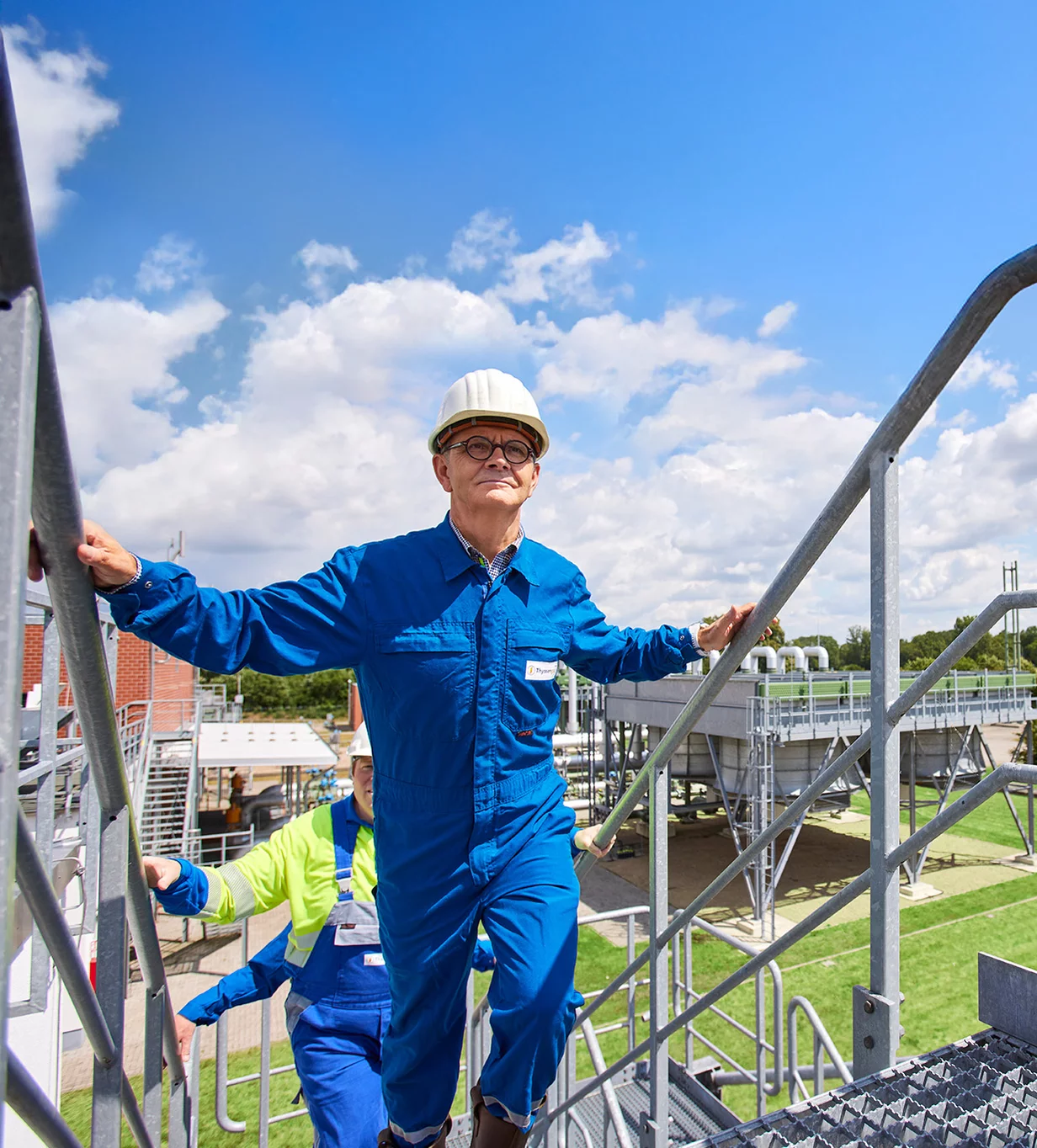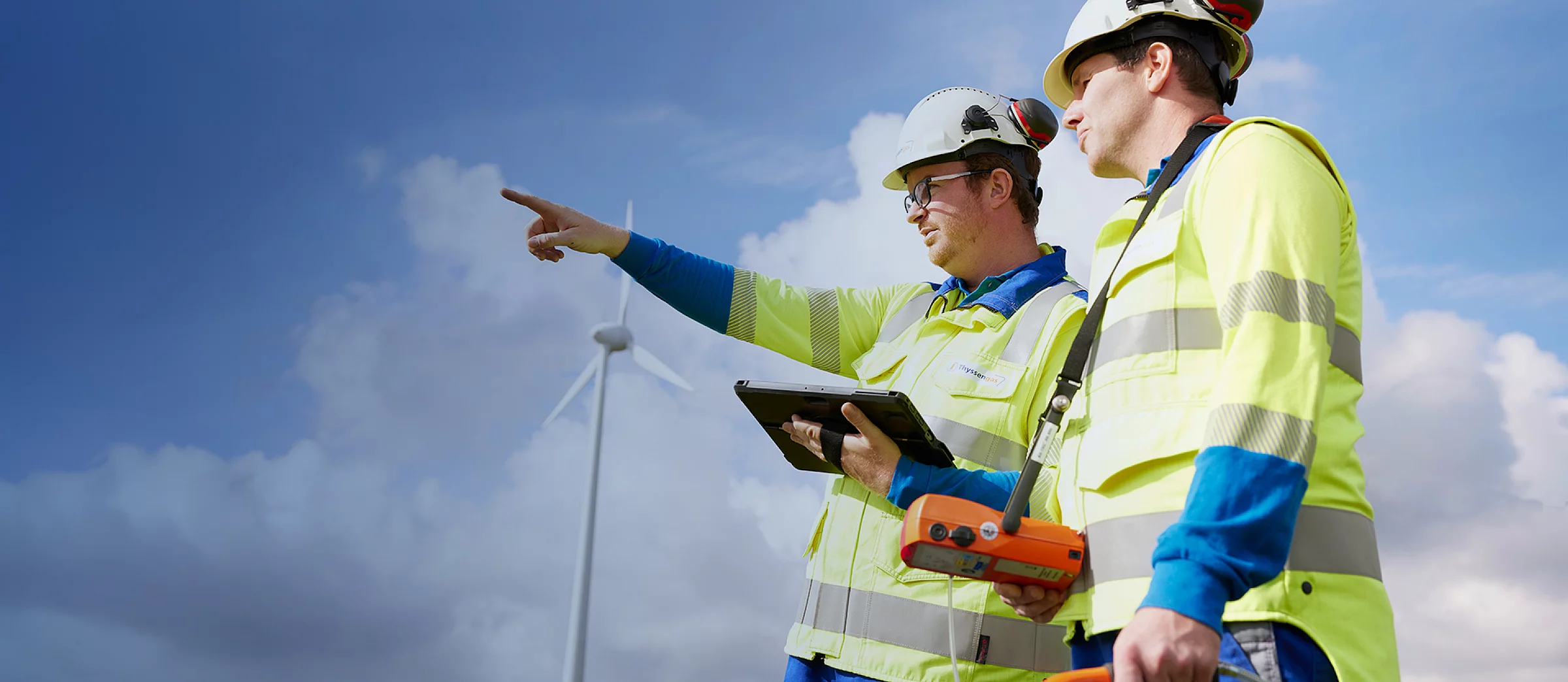
Safe, reliable and sustainable
Today and in the future - we transport gas.
In the midst of transformation: whereas natural gas still flows through our pipelines today, we want to transport hydrogen and other green gases in the future. In this way, we are actively helping to shape a climate-neutral future.
"The grid transition is the bottleneck of the energy transition" - specialist article by Dr Thomas Becker in energate magazine
The H₂ core grid is the backbone of the transformation towards a sustainable, reliable and stable energy system. At the same time, it is currently…
Read moreHydrogen core network operators publish principles for capacity reservation from 2026
Strong signal for the hydrogen ramp-up in Germany and Europe
Read more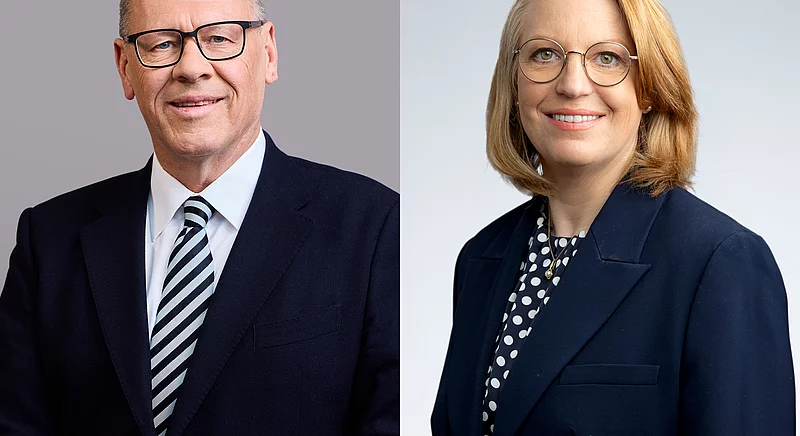
Management change at Thyssengas - Dr Stefanie Kesting takes over as Chairman of the Management Board from Dr Thomas Gößmann
At the turn of the year, Dr Stefanie Kesting will become CEO of Thyssengas. She succeeds Dr Thomas Gößmann, who is leaving the company after nine…
Read more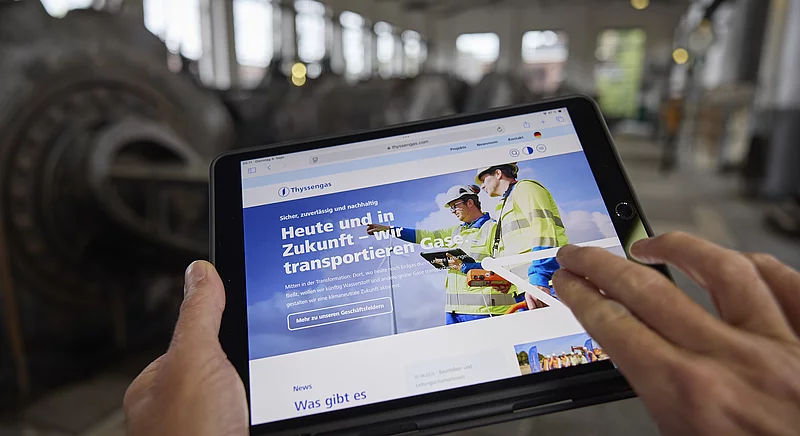
Thyssengas launches website with new corporate design
Thyssengas has a new logo and a new website. The online presence in the modernised corporate design makes visible what distinguishes the transmission…
Read more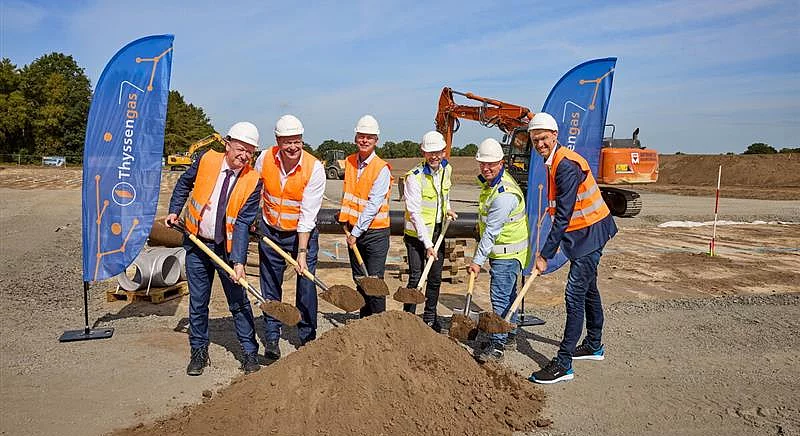
H2 pipeline Vlieghuis-Ochtrup
Ground-breaking ceremony in Hoogstede: Thyssengas begins realisation of the cross-border hydrogen pipeline between the Netherlands and…
Read more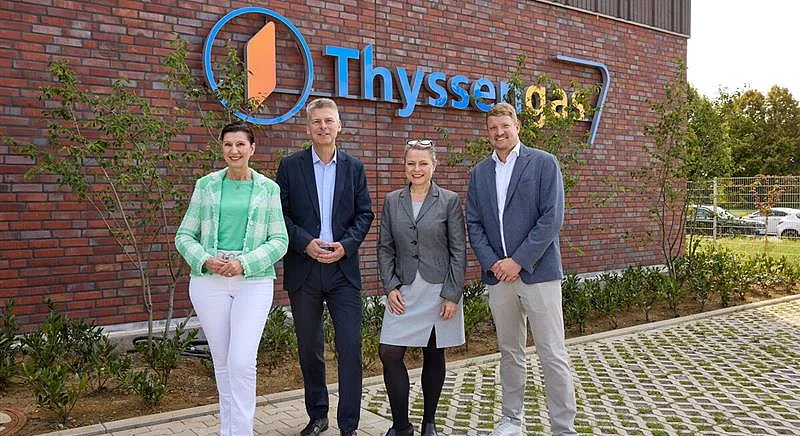
Thyssengas opens new operating centre in Recklinghausen with comprehensive sustainability concept
Yesterday, Tuesday (26 August 2025), transmission system operator Thyssengas opened its new operations centre in Recklinghausen - creating the best…
Read moreWe currently supply municipal utilities, industrial plants and power stations with around six billion cubic metres of natural gas per year. We are currently undergoing the biggest transformation in our company's history: Natural gas is still flowing through our pipelines, but in future it will mainly be green gases such as hydrogen and biogas.
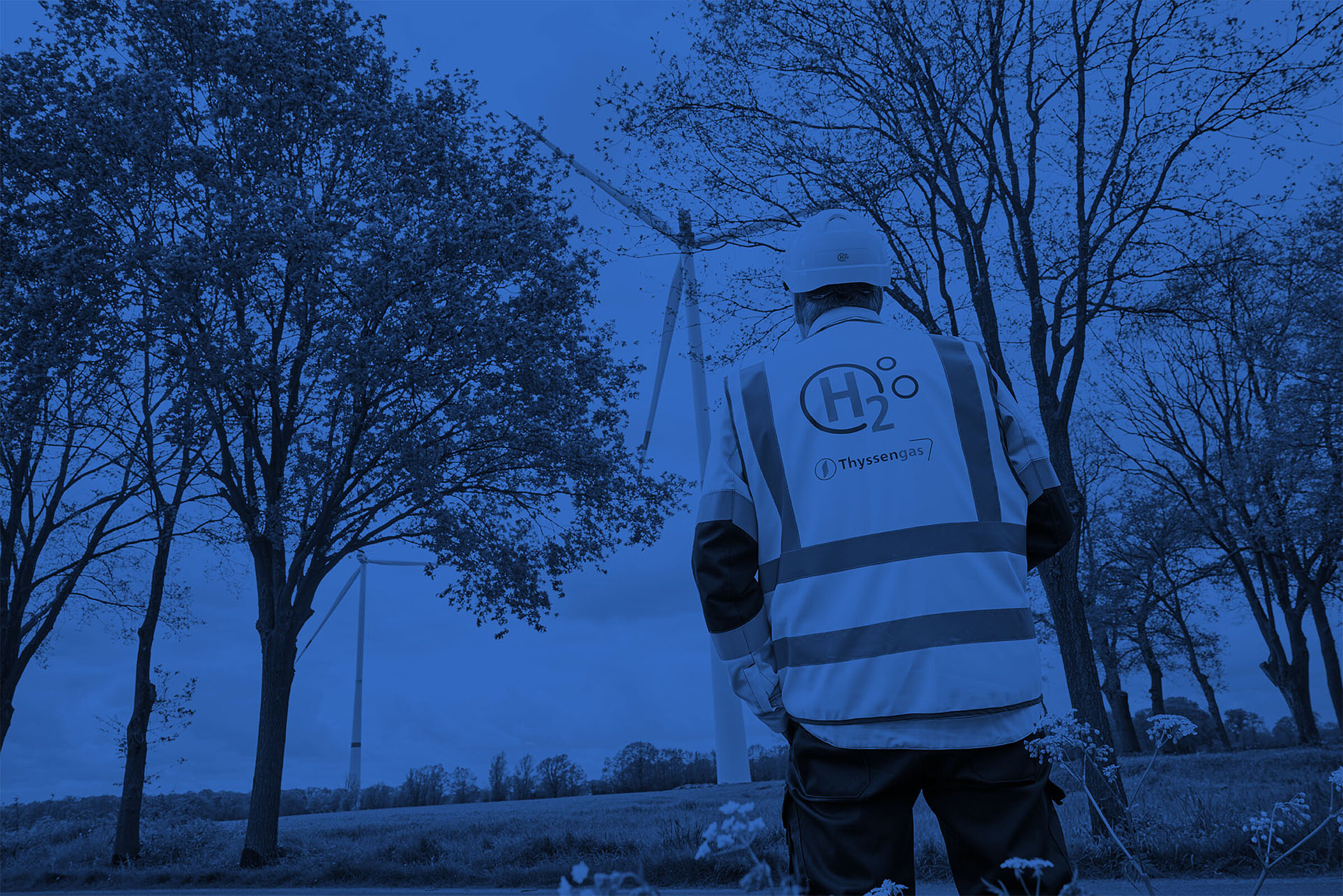
Hydrogen
We are bringing H2 to the region
Hydrogen is the energy source of the future and can make a significant contribution to security of supply and decarbonisation. However, this requires a high-performance infrastructure that enables reliable H2 transport. We are convinced that our long-distance pipeline network can fulfil this role. Widely branched in western Germany and strategically located close to wind and solar parks as well as industrial sites, it is ready for the transport of hydrogen with certain adjustments.
Biogas
We are focussing on green gases
In addition to hydrogen, other gaseous molecules also play a decisive role in the future energy supply. We are therefore focussing on a variety of green gases and are increasingly feeding biogas into our pipeline network. We are convinced that biogas makes a valuable contribution to climate protection and security of supply.
Natural gas
We guarantee security of supply
As a network operator, the reliable supply of energy is our top priority: natural gas is the bridge to a climate-neutral future. We guarantee continuous energy transport with natural gas until hydrogen and other green gases gradually replace fossil energy sources.
Sustainability
Thinking about tomorrow
With the transition to hydrogen and other green gases, sustainability is gradually moving to the centre of our business model. With our transformation, we are making a contribution to the transformation of entire sectors of the economy. We view sustainability as a holistic objective that combines corporate responsibility on an ecological, economic and social level.
